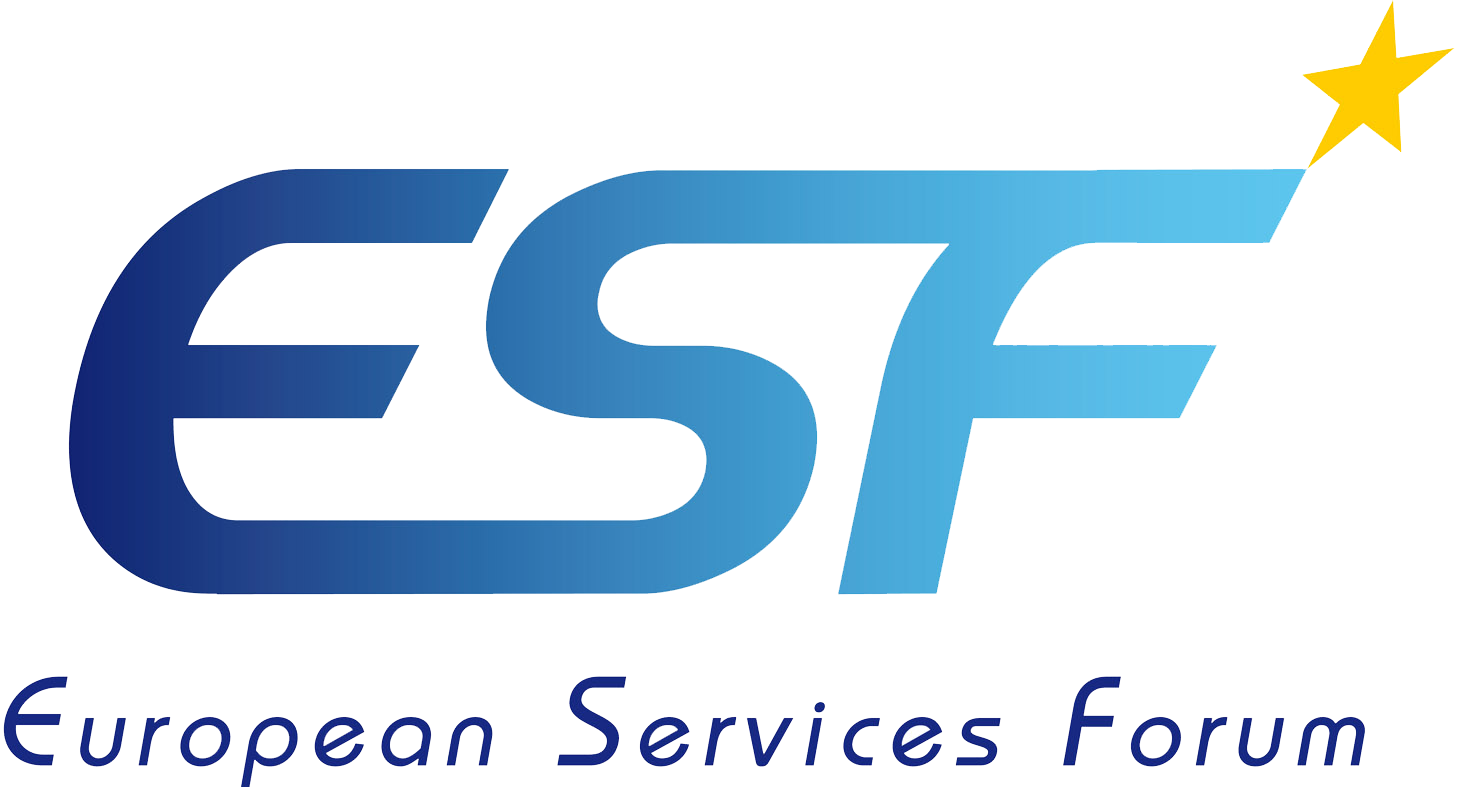EU-INDIA FTA negotiations
Negotiations were launched in June 2007 but were blocked for more than two and a half years, and India is not showing a strong willingness to move on EU priority areas. Previously, EU had made the most ambitious offer yet in mode 4, but India acted in a dismissive manner and requested a doubling of the offer, without which they would not engage. The EU is thus searching for ways to relaunch FTA talks. The fact that India decided to terminate all its BITs, including all of those with 25 EU Member States is making the research for a solution even more important.
ESF Activities on EU-INDIA FTA negotiations
Statistics in trade in services
The importance of Trade in Services in Trade between EU & India – May 2021

10 slides to understand the EU-India Trade in Services
Sep. 2014 – EU industry associations call for renewed engagement with India
ESF joined a group of EU Industry associations in a letter addressed to EU Council President Van Rompuy and EU Commission President Barroso on 23rd September 2014 to urge the EU to seek a renewed engagement in the EU-India trade negotiations, which should resume and should focus on addressing a number of issues where progress would improve business conditions and support the investment that India needs. These include i) Removing unjustifiable barriers to entry including burdensome licensing requirements, local content rules and data storage requirements, ii) Improving public procurement rules which tend to favour Indian industry; iii) Institutional reform to improve the ease of doing business including infrastructure bottlenecks, administrative transparency and unpredictable and discriminatory taxation; iv) Lifting restrictions on FDI in a range of sectors, in particular services, and bolstering investment protection; v) Improving the ability of foreign financial institutions to operate in India to improve the overall financing of the economy; vi) Facilitating the movement of services providers including the ability of European companies to expeditiously obtain visas and work permits in India and conversely the ability of highly qualified Indian business personnel to access the EU, etc. You can find the joint letter here.
December 2010 – European Services Industry Priorities on EU-India FTA
On 6 December 2010, ESF Chairman Christofer Taxell wrote to EU Trade Commissioner Karel De Gucht to express the ESF priorities on the EU-India FTA negotiations.
“Among the more services related priorities, the European services industry calls for the removal of all equity caps that may remain in India; the removal of all nationality or residency requirements for members of executive boards of branches, subsidiaries and joint-ventures; the negotiation of Mutual Recognition Agreements of diplomas and qualifications in professional services, starting with architectural services, aiming at legally binding instruments. Transitional periods that would mutually be agreed and subject to regular review might be envisaged in sectors where it would be acceptable for both parties”.
You can find the full text of the detailed position here.
July 2007: Call to Commissioner Mandelson for an ambitious services package in EU-India FTA
On 23rd July 2007, ESF Chairman Sir Ian Vallance wrote to EU Trade Commissioner Peter Mandelson to reiterate the strong interest that ESF members have in reaching an ambitious package in the services chapter of such a free trade agreement. See here.
EU-India Trade Negotiations – Background
India is a fast-growing economy with a large and skilled workforce. India and the EU have been engaged in negotiations on a trade and investment agreement, and on civil aviation and maritime transport, since June 2007. These negotiations are part of a free trade agreement within the framework of the envisaged EU-India Partnership.
Whereas the EU services exports to India accounted for €6.7 billion, in 2007, the EU services imports from India amounted to €5.5 billion, in 2007. India’s growth is a result of the successive deregulation and liberalisation of the Indian economy after the financial crisis, in 1991.
The parameters for an ambitious FTA were set out in the report of the EU-India High Level Trade Group in October 2006. So far, five negotiating rounds have been held. The sixth round is foreseen from 17-19 March 2009 in Delhi, before the Indian Parliament elections in April.”
(Source: European Commission)
For further details on the FTA negotiations between the EU and India see the
- DG Trade’s website
- European Commission’s statistics
- Website of the Government of India
- European Commission’s Communication on an EU-India partnership (COM (2004) 430 final)
- Joint Press Statement of the Fifth EU-India Summit
- Joint Action Plan for EU-India partnership has provided guidelines for this partnership since 1994.
- Other studies have reinforced the economic potential of an FTA between the EU and India.
- Link to CIA Fact Book on India
